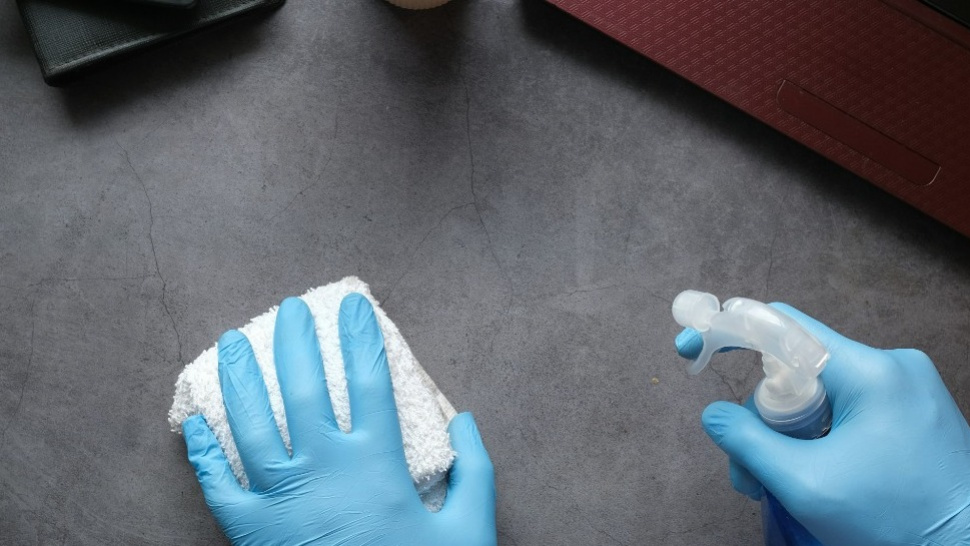In recent years, the cleaning industry has witnessed a significant transformation, with eco-friendly cleaning products and practices taking center stage. This shift is driven by growing consumer awareness, environmental concerns, and a desire for healthier living and working environments. This article delves into the role of eco-friendly cleaning products and practices in modern cleaning services, highlighting their benefits, challenges, and the future outlook of this green revolution.
Understanding Eco-Friendly Cleaning Products
Eco-friendly cleaning products are formulated using natural, biodegradable ingredients that are less harmful to human health and the environment compared to traditional chemical-based cleaners. These products often feature plant-based surfactants, essential oils, and other sustainable components. They are designed to minimize indoor air pollution, reduce exposure to toxic substances, and decrease environmental impact through responsible sourcing and packaging.
Key Characteristics of Eco-Friendly Cleaning Products
Non-Toxic Ingredients: Free from harsh chemicals like ammonia, bleach, and phthalates, reducing health risks such as skin irritation and respiratory issues.
Biodegradable Components: Break down naturally, minimizing pollution and reducing the burden on wastewater treatment systems.
Sustainable Packaging: Often come in recyclable or refillable containers, contributing to waste reduction.
Cruelty-Free and Ethical Sourcing: Many brands adhere to ethical sourcing practices, ensuring that their products are not tested on animals and are produced under fair labor conditions.
The Rise of Eco-Friendly Cleaning Practices
The adoption of eco-friendly cleaning practices extends beyond the use of green products. It encompasses a holistic approach to cleaning that prioritizes sustainability, health, and efficiency.
Sustainable Cleaning Practices Include:
Use of Microfiber Cloths: These cloths effectively trap dirt and bacteria, reducing the need for chemical disinfectants.
Concentrated Cleaning Solutions: Reduces packaging waste and transportation emissions by requiring less product per use.
Water Conservation Techniques: Implementing practices that minimize water usage during cleaning processes.
Energy-Efficient Equipment: Utilizing cleaning machines that consume less energy and water, contributing to overall sustainability goals.
Benefits of Eco-Friendly Cleaning in Modern Services
1. Healthier Indoor Environments
Traditional cleaning products often release volatile organic compounds (VOCs) and other harmful chemicals into the air, contributing to indoor air pollution. Eco-friendly cleaning products, on the other hand, are formulated to be low in VOCs, promoting better air quality and reducing health risks such as headaches, dizziness, and respiratory issues.
2. Environmental Protection
The production and disposal of conventional cleaning products can lead to environmental degradation. Eco-friendly cleaning products are designed to minimize environmental impact through biodegradable ingredients and sustainable packaging. This approach helps protect ecosystems and reduces pollution in waterways and landfills.
3. Cost Savings Over Time
While eco-friendly cleaning products may have a higher upfront cost, their concentrated formulas often require less product per use, leading to cost savings in the long run. Additionally, their gentle nature can prolong the lifespan of cleaning equipment and surfaces, reducing maintenance and replacement costs.
4. Enhanced Brand Image and Customer Loyalty
Businesses that adopt eco-friendly cleaning practices can enhance their brand image by demonstrating a commitment to sustainability and corporate social responsibility. This can attract environmentally conscious customers and foster loyalty among existing clientele.
Challenges in Implementing Eco-Friendly Cleaning Practices
Despite the numerous benefits, the transition to eco-friendly cleaning practices presents several challenges:
Higher Initial Costs: Eco-friendly products and equipment may require a higher initial investment, which can be a barrier for some businesses.
Limited Availability: In certain regions, access to eco-friendly cleaning products and services may be limited, hindering widespread adoption.
Resistance to Change: Some cleaning professionals and businesses may be hesitant to adopt new practices due to unfamiliarity or perceived inefficiencies.
The Future of Eco-Friendly Cleaning Services
The future of cleaning services is increasingly leaning towards sustainability and eco-consciousness. As consumer demand for green products grows, cleaning companies are investing in training, research, and development to offer more effective and environmentally friendly solutions. Innovations such as refillable cleaning stations, plant-based disinfectants, and energy-efficient cleaning equipment are setting new standards in the industry.
Conclusion
Eco-friendly cleaning products and practices are no longer a niche market but are becoming integral to modern cleaning services. By prioritizing health, sustainability, and efficiency, these green solutions offer a cleaner, safer, and more responsible approach to maintaining our environments. As the industry continues to evolve, the adoption of eco-friendly cleaning practices will play a crucial role in shaping a healthier future for all.
The Role of Eco-Friendly Cleaning Products and Practices in Modern Cleaning Services
Other Related Content
Create- Create New Article
- Create New GLOVO
- Create New GLOMO
- Create New Video
- Create/ relate a Lopinion
- Create GLNews



Share the News